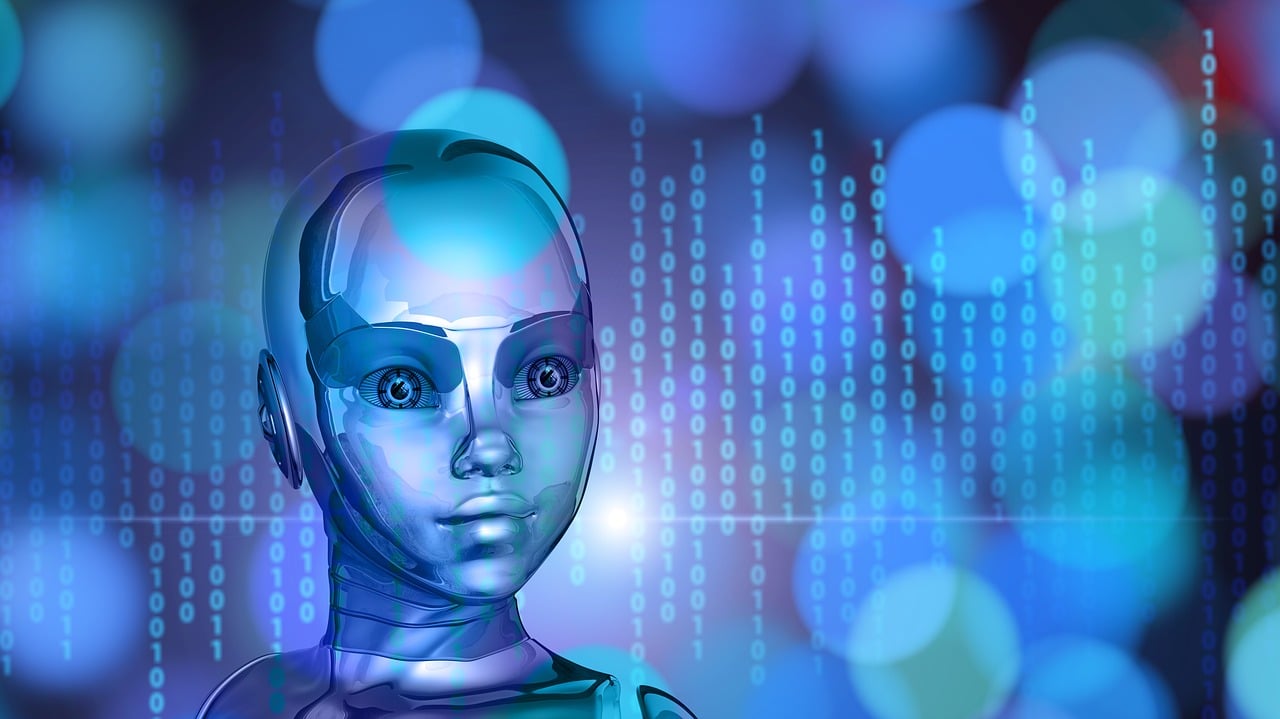Embracing AI: Dispelling the Fear and Embracing the Potential

27th August 2023
Introduction
Artificial Intelligence (AI) has emerged as a transformative force in our world, revolutionising industries and reshaping the way we live and work. However, alongside the excitement and promise that AI brings, there’s also a significant amount of fear and apprehension surrounding its impact. In this article, we will explore why these fears might be unfounded and why we should be optimistic about embracing AI as a tool for progress and innovation.
1. AI as a Tool, Not a Replacement
One of the primary reasons we shouldn’t be afraid of AI is that it is fundamentally a tool created by humans to assist us, not replace us. AI systems excel at handling repetitive and data-intensive tasks, freeing up human potential to focus on more creative, strategic, and meaningful endeavours. Rather than posing a threat to jobs, AI has the potential to augment and enhance the workforce, making our work more efficient and effective.
Consider the example of medical diagnostics. AI algorithms can analyse vast amounts of medical data to assist doctors in diagnosing diseases with greater accuracy. This doesn’t make doctors obsolete; rather, it empowers them to make more informed decisions and provide better patient care.
2. Enabling Innovation and Discovery
AI’s ability to process and analyse massive datasets has opened up new avenues for innovation and discovery. From drug discovery to climate modelling, AI accelerates research by rapidly sifting through information and identifying patterns that might have otherwise remained hidden. By embracing AI, we can make breakthroughs in fields that are critical to our advancement as a society.
For instance, AI-powered simulations and modeling can help scientists predict natural disasters and develop strategies to mitigate their impact. This not only enhances our understanding of complex phenomena but also enables us to better protect our communities.
3. Human-AI Collaboration
Rather than isolating humans from the technology, AI fosters collaboration between humans and machines. AI systems learn from human input and continuously adapt to improve their performance. This collaboration leads to a symbiotic relationship where human expertise and intuition combine with AI’s computational power.
In the realm of art, AI algorithms have been used to generate music, paintings, and literature. Artists use these AI-generated creations as inspiration, pushing the boundaries of their creativity. This showcases how AI can serve as a catalyst for human imagination and innovation.
4. Improving Quality of Life
AI has the potential to significantly improve our quality of life by addressing some of the most pressing challenges we face. In healthcare, AI-powered diagnostics can lead to earlier disease detection and more effective treatments. Autonomous vehicles promise safer and more efficient transportation, reducing accidents caused by human error. Moreover, AI-driven systems can enhance accessibility for people with disabilities, making technology and services more inclusive.
Consider the field of agriculture. AI can analyze data from sensors placed in fields to optimize irrigation, predict crop diseases, and increase yield. This not only contributes to global food security but also minimises the environmental impact of farming practices.
5. Ethical Safeguards and Accountability
AI’s ethical implications often fuel fears about its impact on society. However, the same technology that raises concerns also offers the tools to address them. Researchers and organisations are actively working on developing AI systems that are transparent, interpretable, and accountable. By incorporating ethical principles and guidelines into AI development, we can ensure that AI operates in alignment with our values.
For example, explainable AI techniques enable us to understand how AI arrives at its decisions, reducing the “black box” effect. This transparency not only builds trust but also helps identify and rectify potential biases in AI algorithms
Conclusion
While fears about AI are understandable, they are often rooted in misconceptions and doomsday scenarios. The reality is that AI holds tremendous potential to elevate human society to new heights. By viewing AI as a tool that amplifies human capabilities, encourages innovation, and improves our overall quality of life, we can embrace its possibilities with optimism
As we continue to develop AI technologies, it’s essential to remember that our future is not dictated by AI itself but by the choices we make in how we deploy and integrate it into our lives.
Food for Thought
Do you agree with the above assessment?
Is AI friend or foe?
How else might A1 help us?
What dangers does AI pose? What safeguards need to be in place?